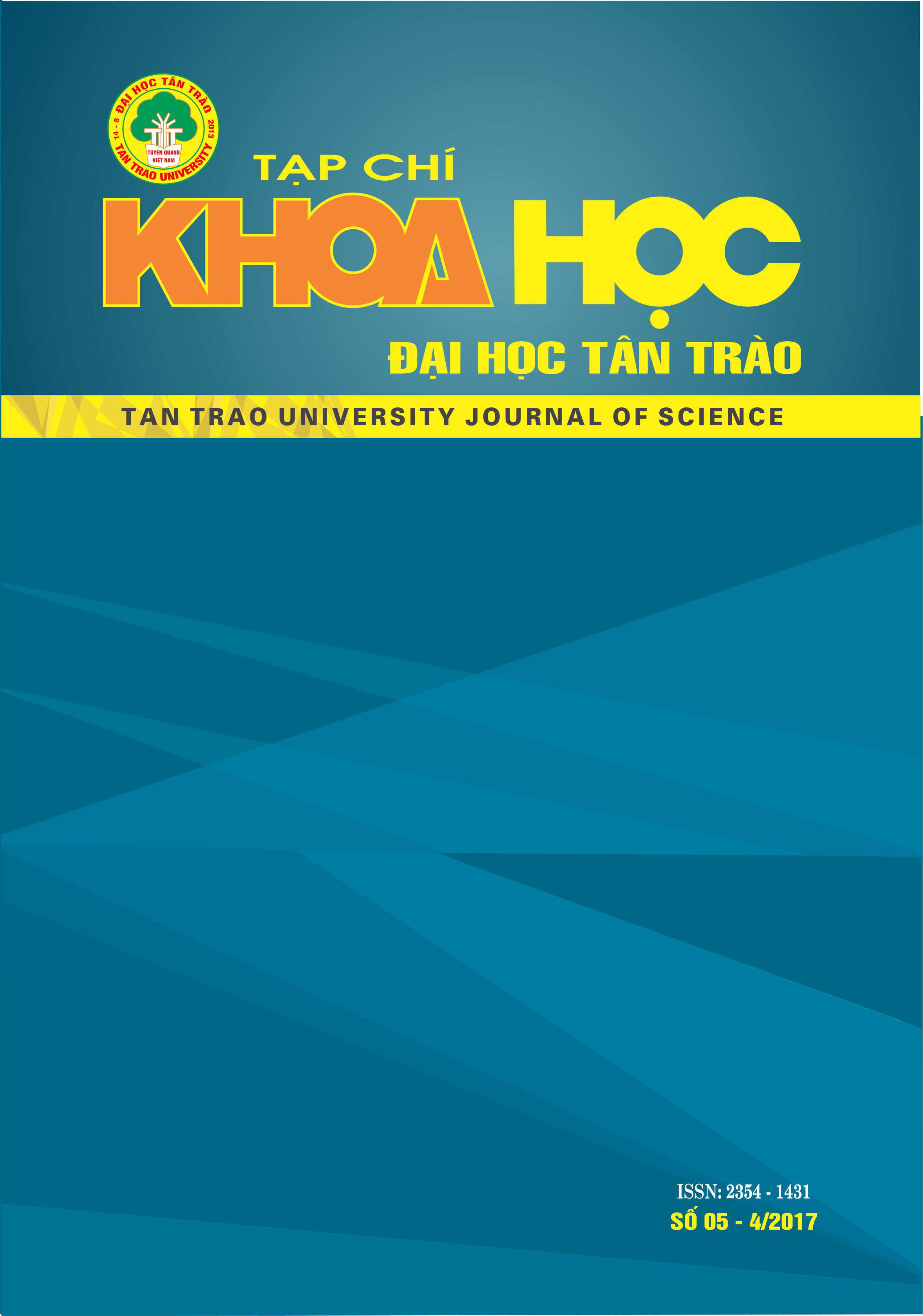The capacities of problem solving in social interaction of students in Quang Tri teacher training college school
DOI:
https://doi.org/10.51453/2354-1431/2017/114Keywords:
capacity; problem-solving; social interaction; establish social relationships; maintaining social relationships.Abstract
The capacities of problem solving in social interaction have particularly important roles, it helps people solves situations which happen to yourself, keep balance mentality, set of social relationships and can adapt in the new environment. In the scope of this article, we only focus on the ability to maintain, establish social relationships and capacities of problem solving in social interaction of students in pedagogical college. The study results showed that two abilities of the students in of Quang Tri teacher training college is also low, particularly the capability set, maintain social ties. Reasonably, high or low average score of study results is also strong or weaknesses points of the students of capacities of problem solving in social interaction . On that basis, we propose a number of methods to enhance the capacity of problem solving in students of Quang Tri teacher training college school.
Downloads
References
1. A.G.Covaliov (1971), Tâm lí học cá nhân, Nxb Giáo dục, Hà Nội.
2. Edward C.Chang, Thomas J. D'Zurilla , Lawrence J.Sanna (2002), Social problem solving, American Psychological Association Washington, DC
3. Phạm Tất Dong (1977), Năng lực, Tạp chí Nghiên cứu Giáo dục, số 11
4. Nguyễn Công Khanh (2013), “Một số vấn đề về năng lực và xây dựng khung năng lực trong chương trình giáo dục phổ thông sau năm 2015”, Báo cáo tại Hội thảo READ, Hà Nội, tr 250-258.
5. Nguyễn Công Khanh - chủ nhiệm đề tài (2011), “Nghiên cứu chỉ số trí tuệ xã hội (SQ) của sinh viên các trường ĐHSP”, đề tài cấp Bộ, mã số B2009 -17 - 176.
6. Jean-Paul Reeff, Anouk Zabal,Christine Blech, 2006, The Assessment of Problem-Solving Competencies
7. Yunus et. al (2006), Problem Solving Abilities of Malaysian University Students, , International Journal of Teaching and Learning in Higher Education.
Downloads
Published
How to Cite
Issue
Section
License

This work is licensed under a Creative Commons Attribution-ShareAlike 4.0 International License.
All articles published in SJTTU are licensed under a Creative Commons Attribution-ShareAlike 4.0 International (CC BY-SA) license. This means anyone is free to copy, transform, or redistribute articles for any lawful purpose in any medium, provided they give appropriate attribution to the original author(s) and SJTTU, link to the license, indicate if changes were made, and redistribute any derivative work under the same license.
Copyright on articles is retained by the respective author(s), without restrictions. A non-exclusive license is granted to SJTTU to publish the article and identify itself as its original publisher, along with the commercial right to include the article in a hardcopy issue for sale to libraries and individuals.
Although the conditions of the CC BY-SA license don't apply to authors (as the copyright holder of your article, you have no restrictions on your rights), by submitting to SJTTU, authors recognize the rights of readers, and must grant any third party the right to use their article to the extent provided by the license.





